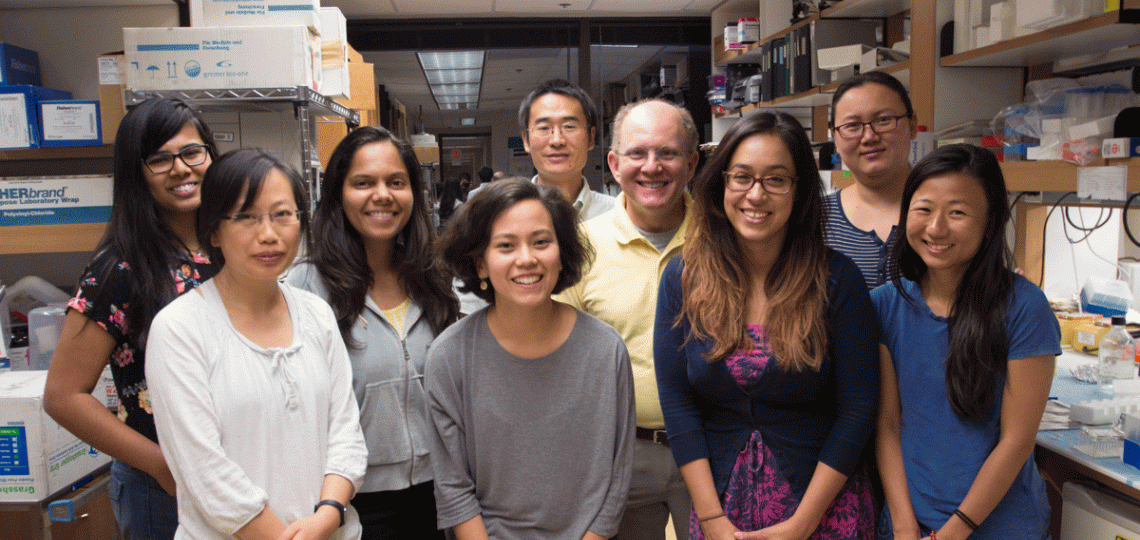
About the Lab
The Cooper Lab is focused on understanding and developing new treatments for forms of epilepsy affecting infants, children, and adults, mood disorder that often accompanies epilepsy, and related brain disease. These are complex developmental disorders that impact the whole person and the brain as a system. To gain leverage on such tough problems, we have taken clues from human and experimental genetics implicating a molecular pathway--the machinery of the action potential, the neuron’s rapid long-distance signal. Of central importance, both as genes often mutated in disease and therapeutic targets, are the voltage-gated potassium and sodium ion channels that generate and conduct the action potential’s electrical currents. However, channels do not function alone. We therefore also study the protein networks and signal paths that position, regulate, and respond to these channels.
Projects
Our projects are wide-ranging in technique, systems, and scale, and include basic molecular, explicitly translational, and clinical research, as manifest in our publications.
Our Team
Our team in the lab includes staff, postdoctoral fellows (including those participating Baylor College of Medicine's Multidisciplinary Training in Brain Disorders and Development Program), Ph.D. students enrolled in the graduate school of Baylor College of Medicine via our affiliated Departments and Programs (Neuroscience, Molecular and Human Genetics, and Translational Biology and Molecular Medicine), and undergraduates of Rice University. For more information, see our jobs page.
Funding
Our recent research is supported by NINDS, CURE, the American Epilepsy Society, The Epilepsy Foundation, and The Jack Pribaz Foundation.








